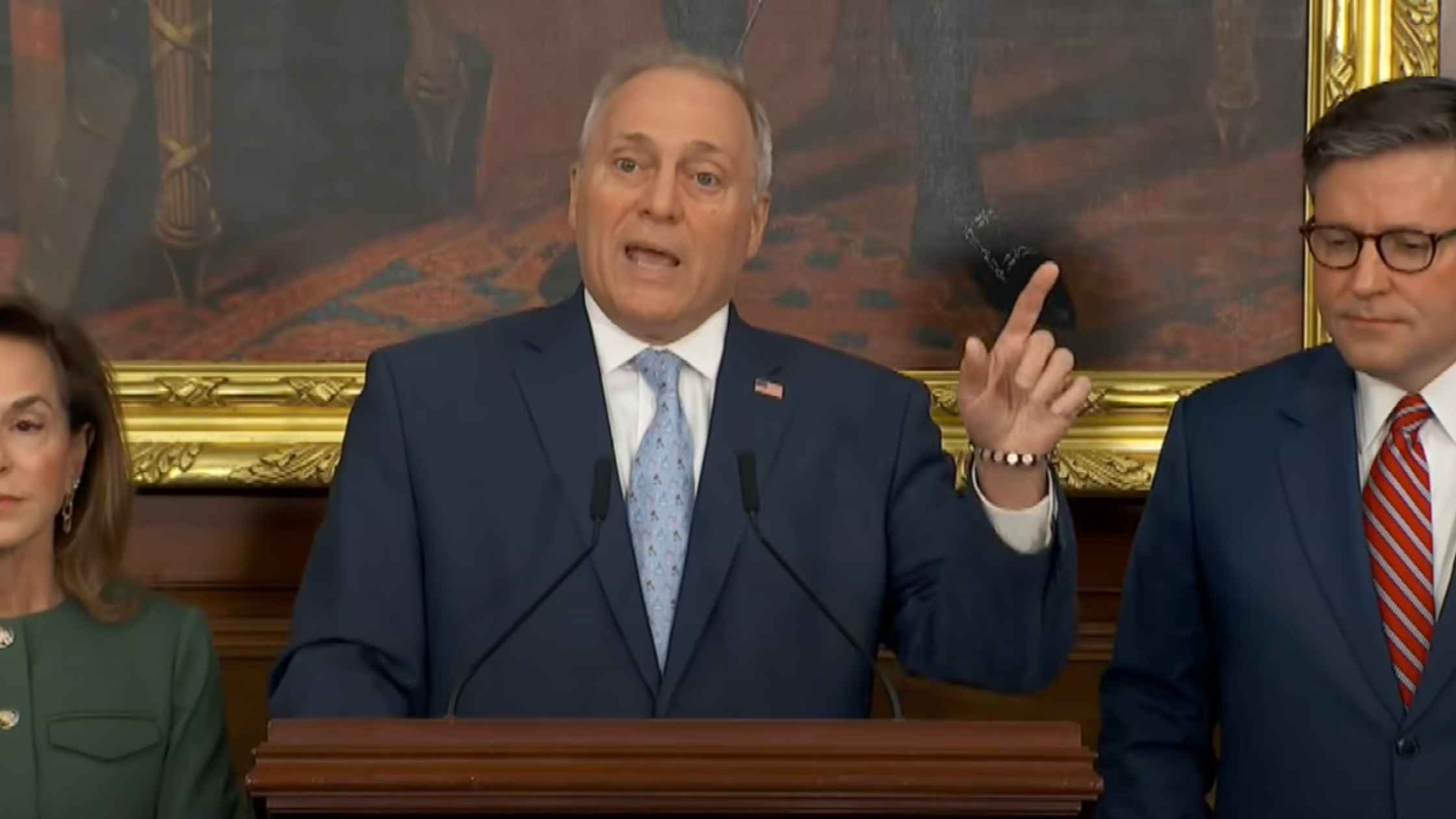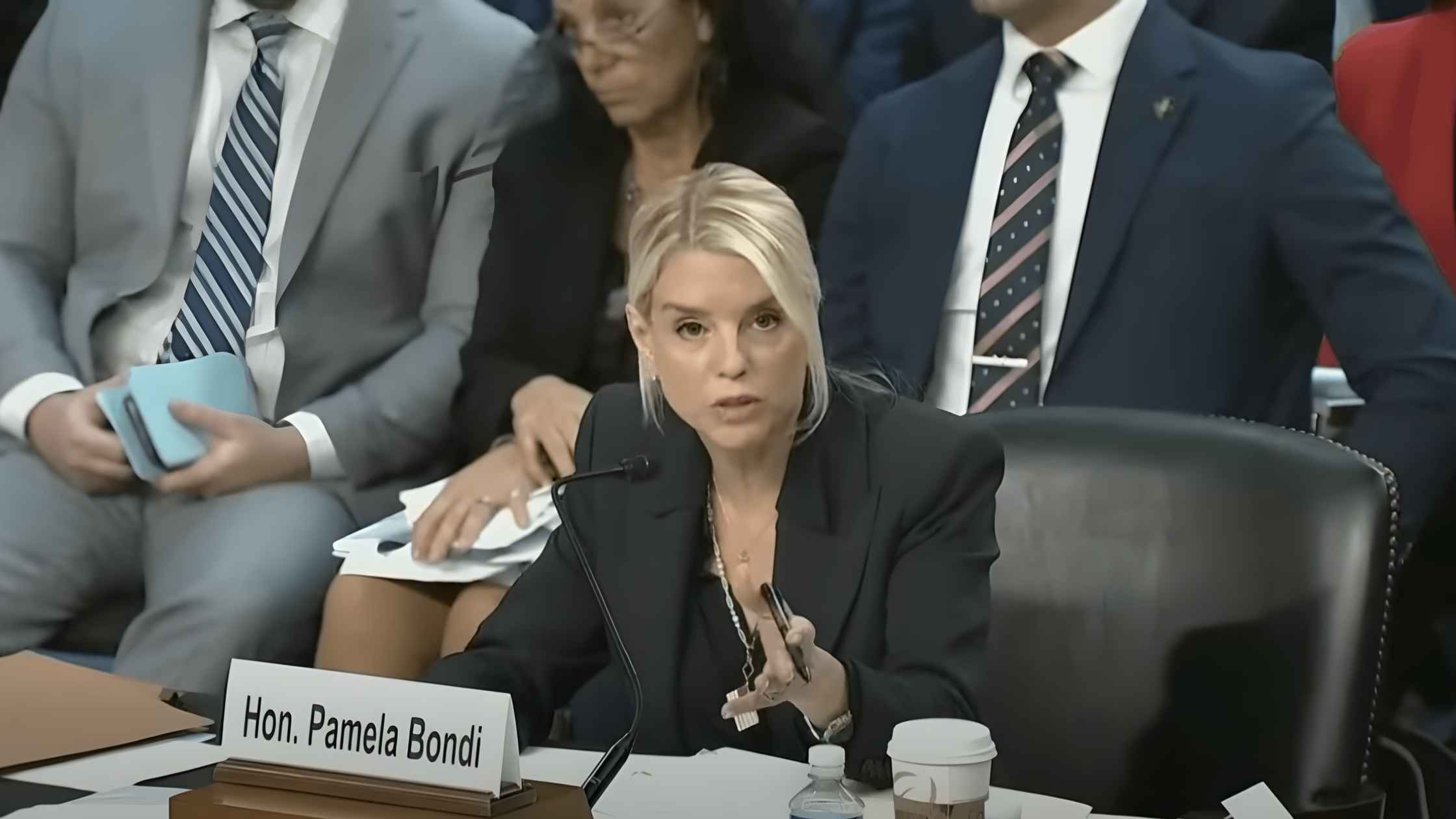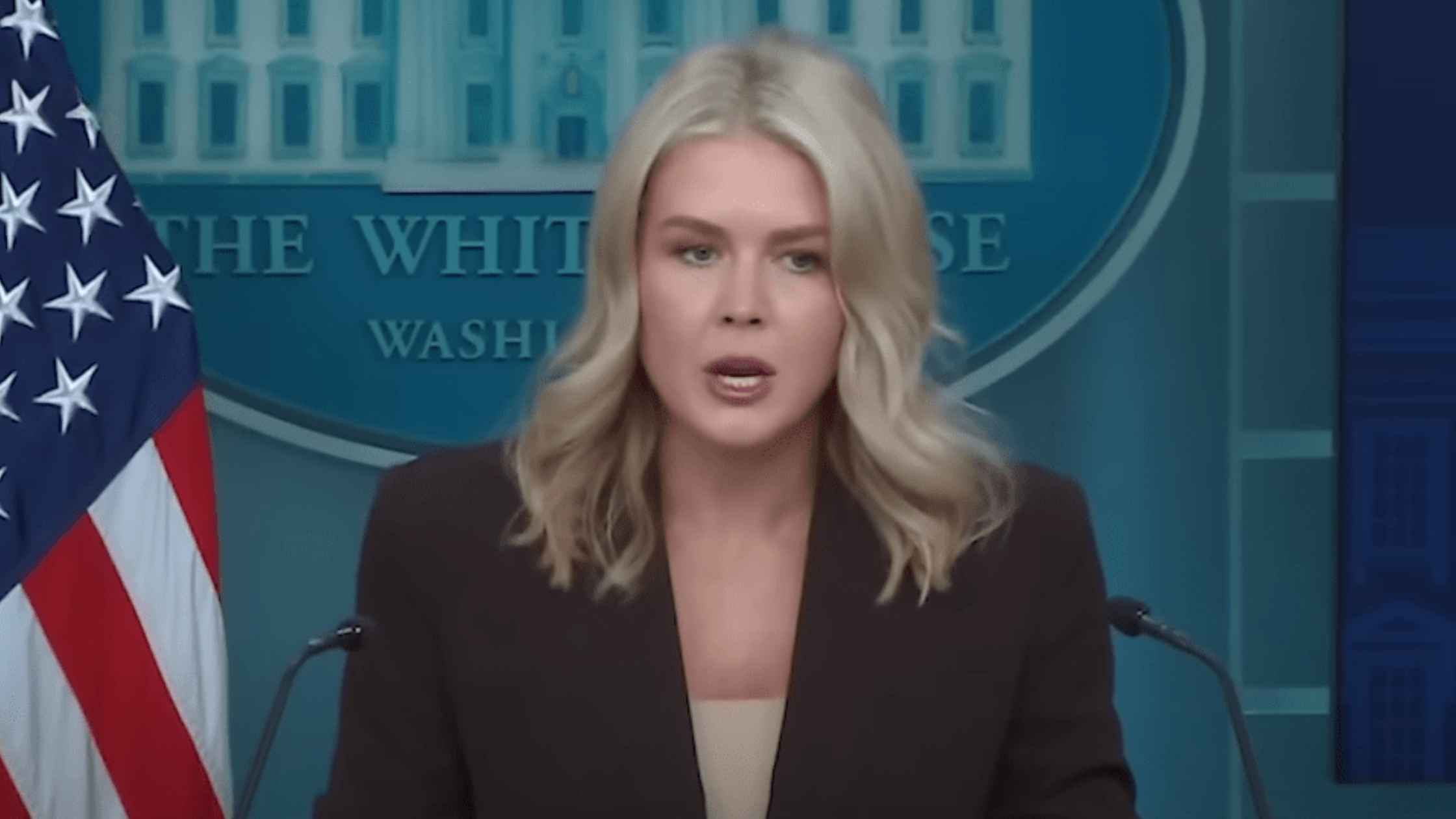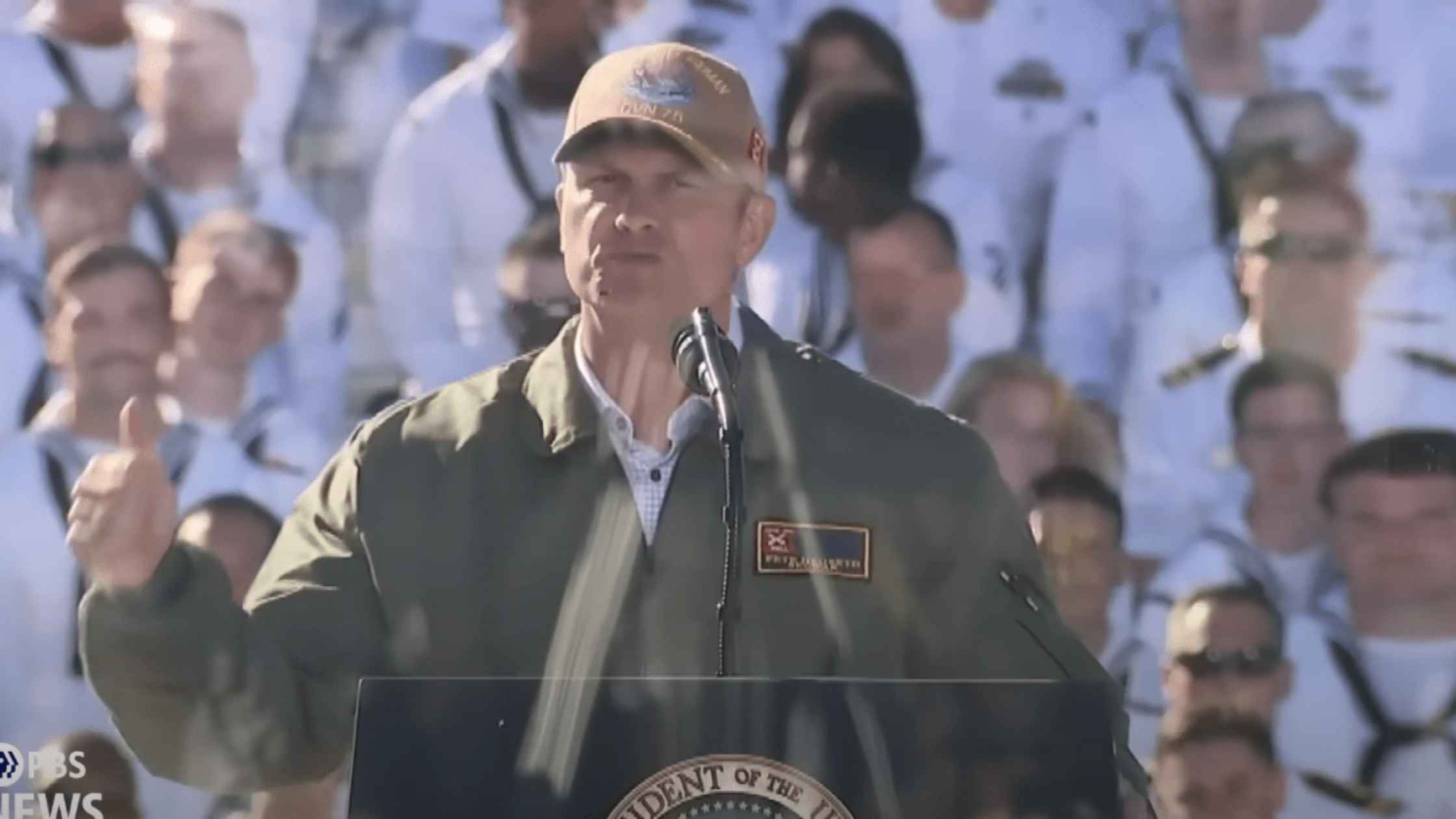Rev’s Transcript Library
Explore our extensive collection of free transcripts from political figures and public events. Journalists, students, researchers, and the general public can explore transcripts of speeches, debates, congressional hearings, press conferences, interviews, podcasts, and more.

GOP News Briefing for 10/08/25
The GOP holds a news briefing addressing the government shutdown on 10/08/25. Read the transcript here.

Trump and Carney at the White House
Donald Trump holds a meeting with Canadian Prime Minister Mark Carney. Read the transcript here.

Supreme Court Case on Conversion Therapy Ban
Supreme Court hears case on Colorado’s conversion therapy ban. Read the transcript here.

Bondi Faces Senate Questioning On DOJ Oversight
Department of Justice Secretary Pam Bondi testifies before the Senate Judiciary Committee. Read the transcript here.

J.B. Pritzker Press Conference
Illinois Governor J.B. Pritzker holds a press conference to discuss the upcoming deployment of National Guard troops to Chicago. Read the transcript here.

Trump Executive Order 10/06/25
Donald Trump signs an executive order concerning Alaska on 10/06/25. Read the transcript here.

Chicago Mayor Signs Executive Order on ICE
Chicago Mayor Brandon Johnson signs an executive order establishing "ICE-free zones" on city property. Read the transcript here.

Karoline Leavitt White House Press Briefing on 10/06/25
Karoline Leavitt holds the White House Press Briefing for 10/06/25. Read the transcript here.

Hegseth at Navy 250th
Pete Hegseth speaks at the Navy's 250th anniversary event. Read the transcript here.
Subscribe to The Rev Blog
Sign up to get Rev content delivered straight to your inbox.

.webp)